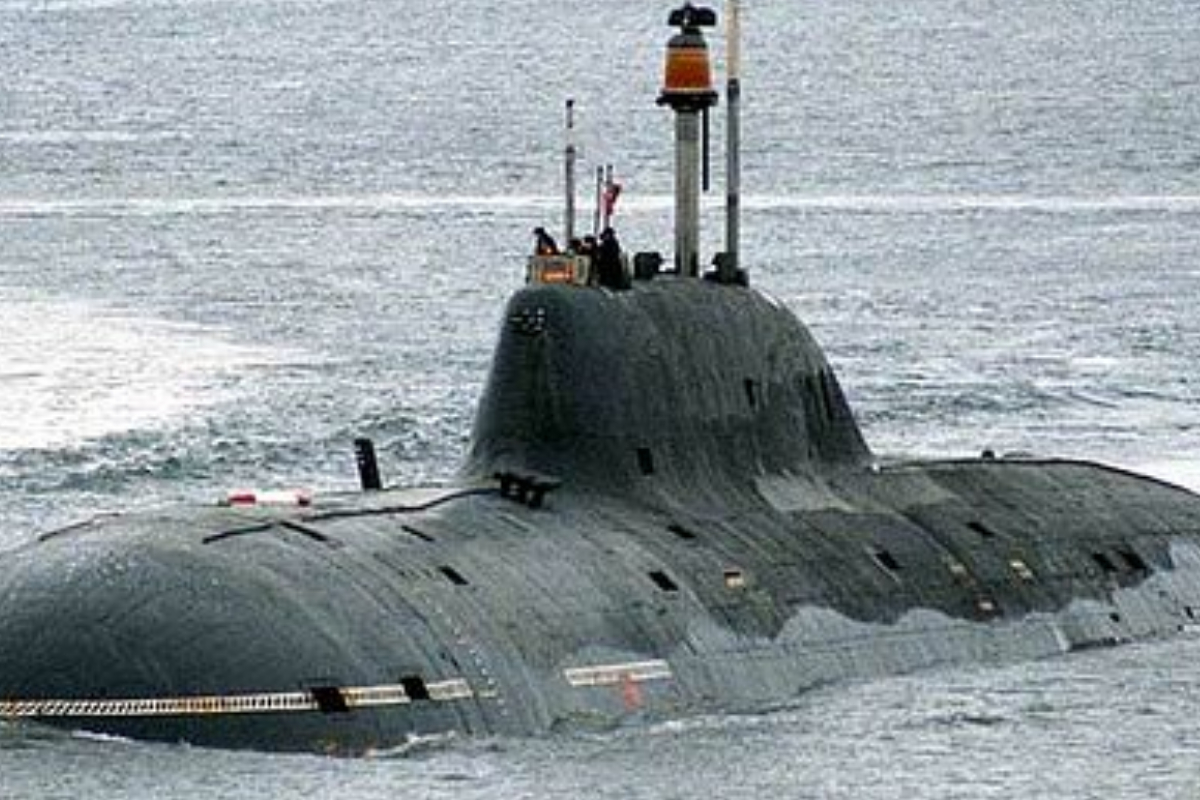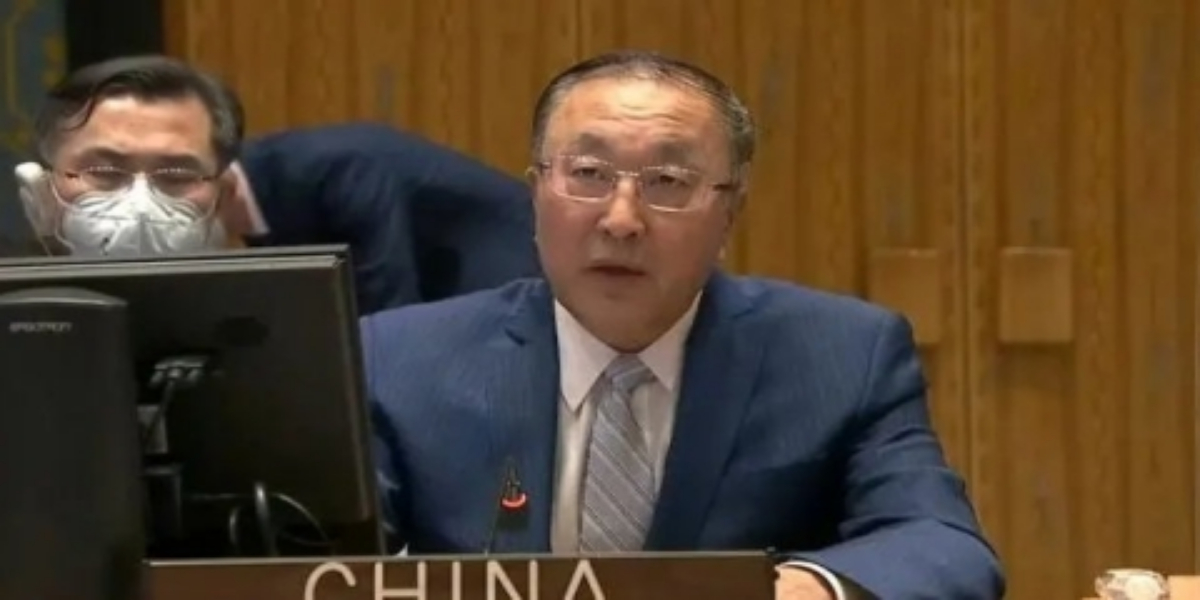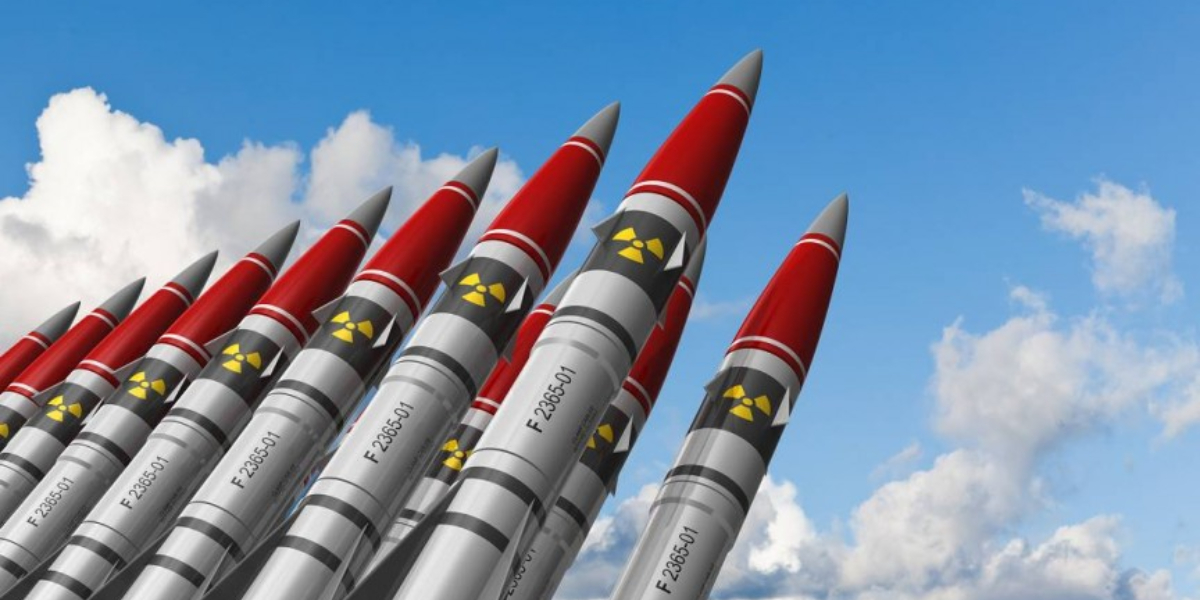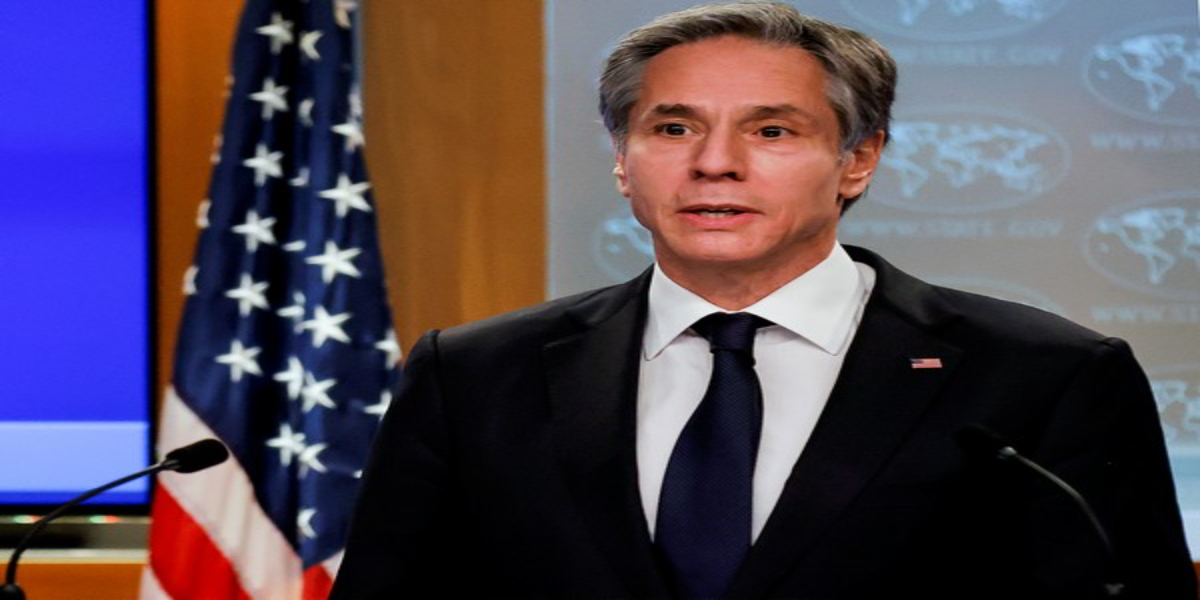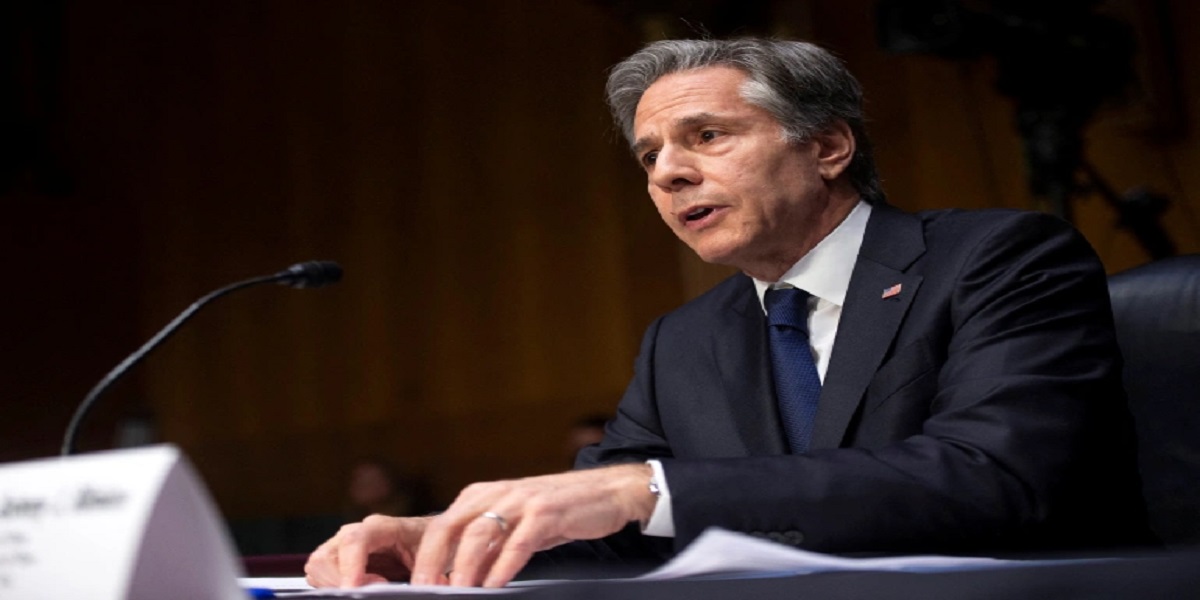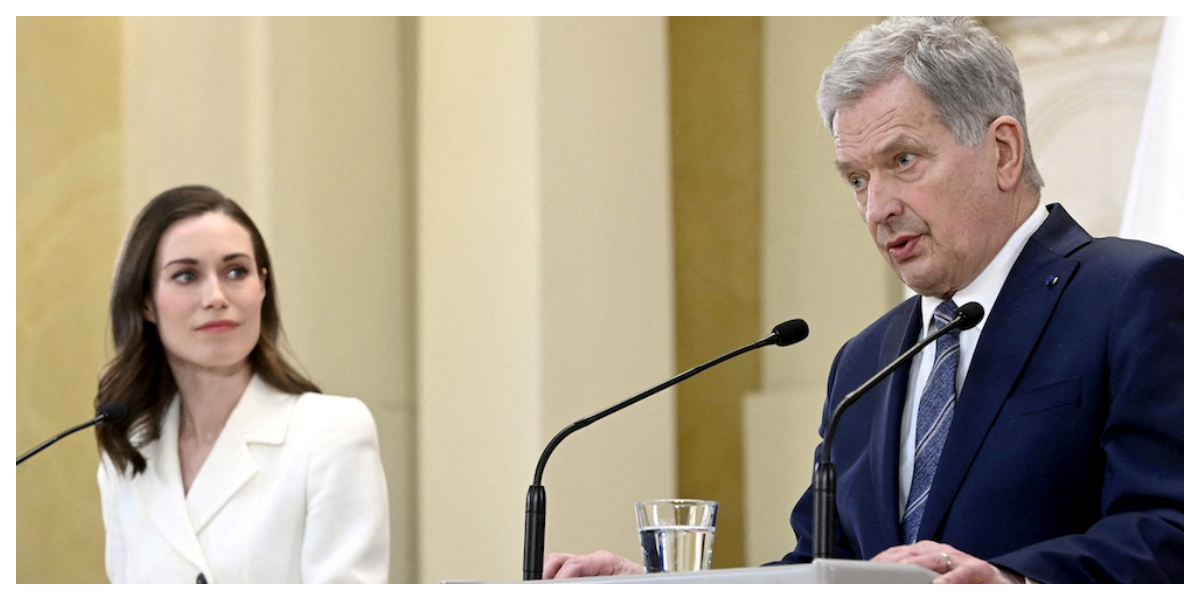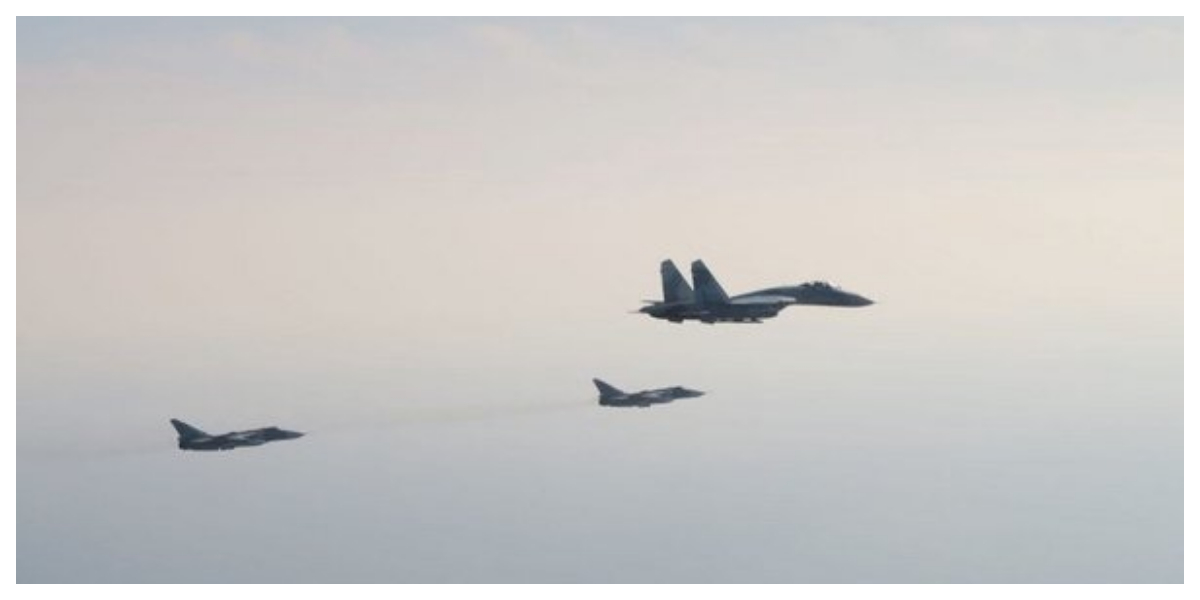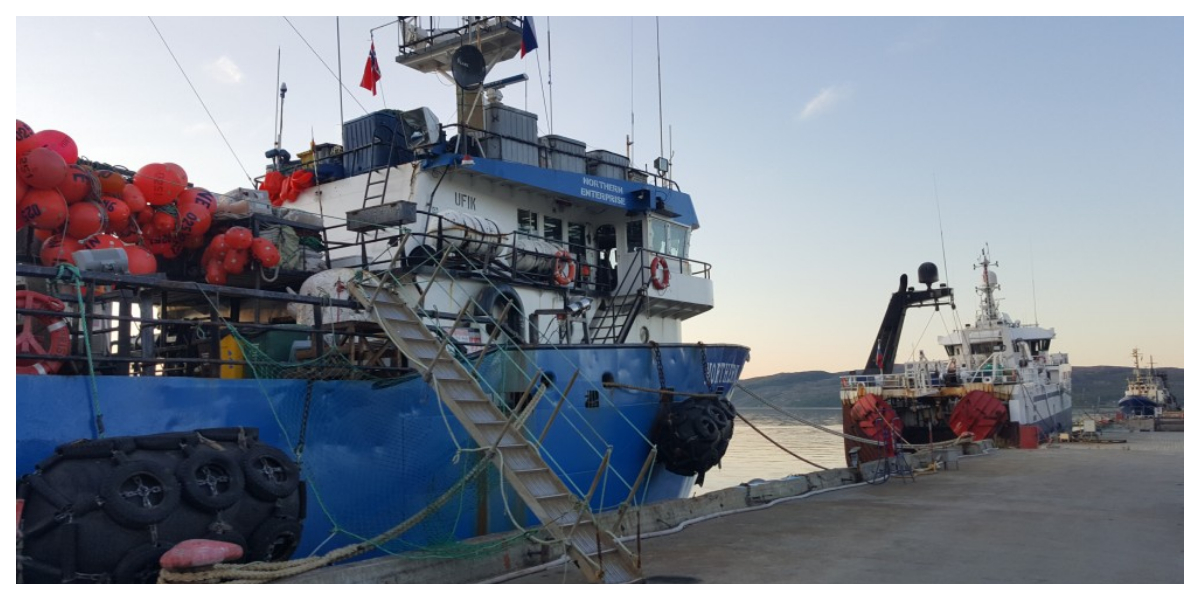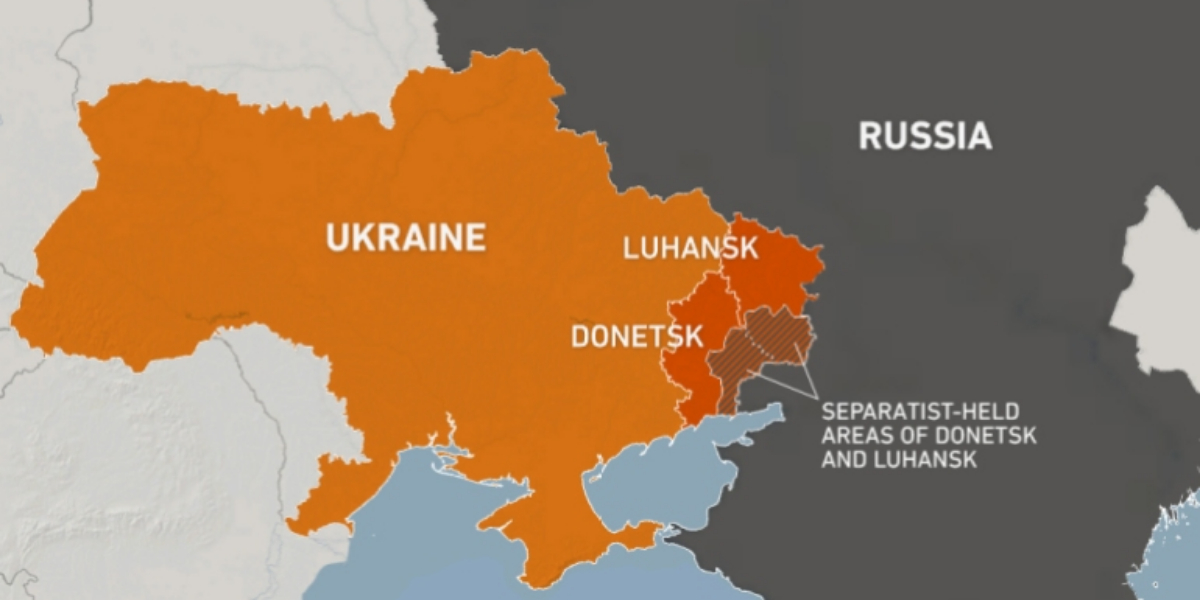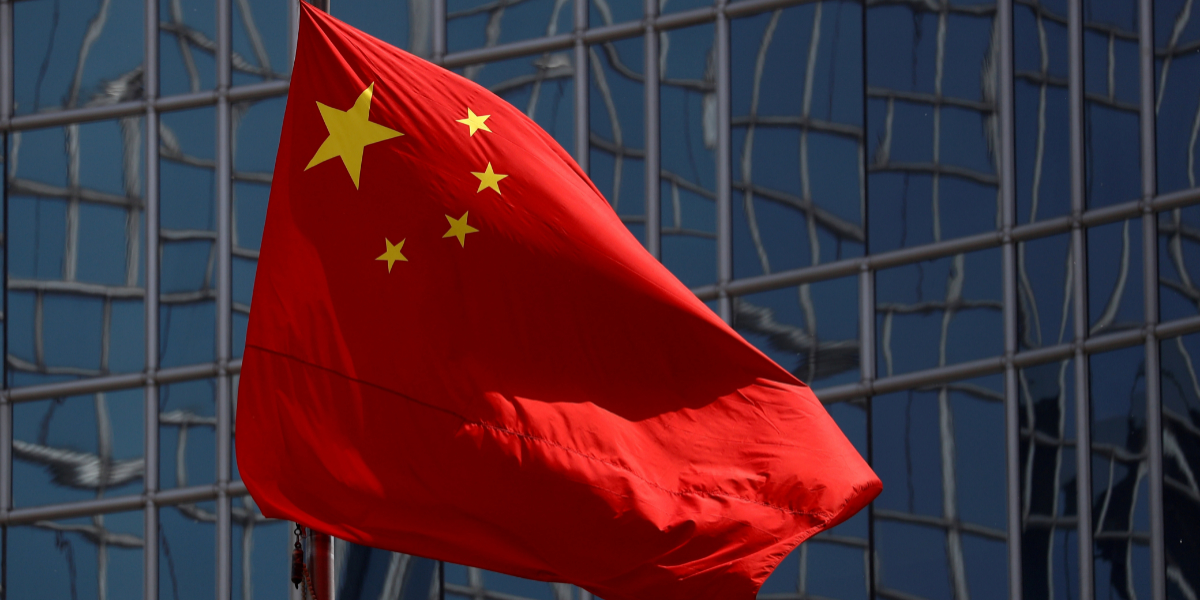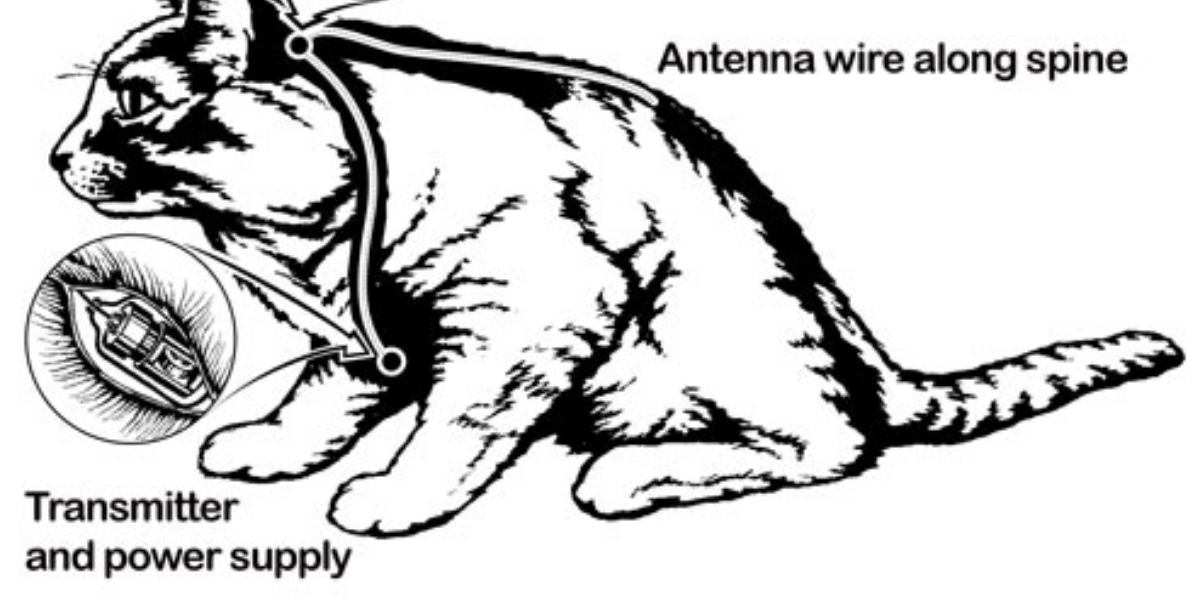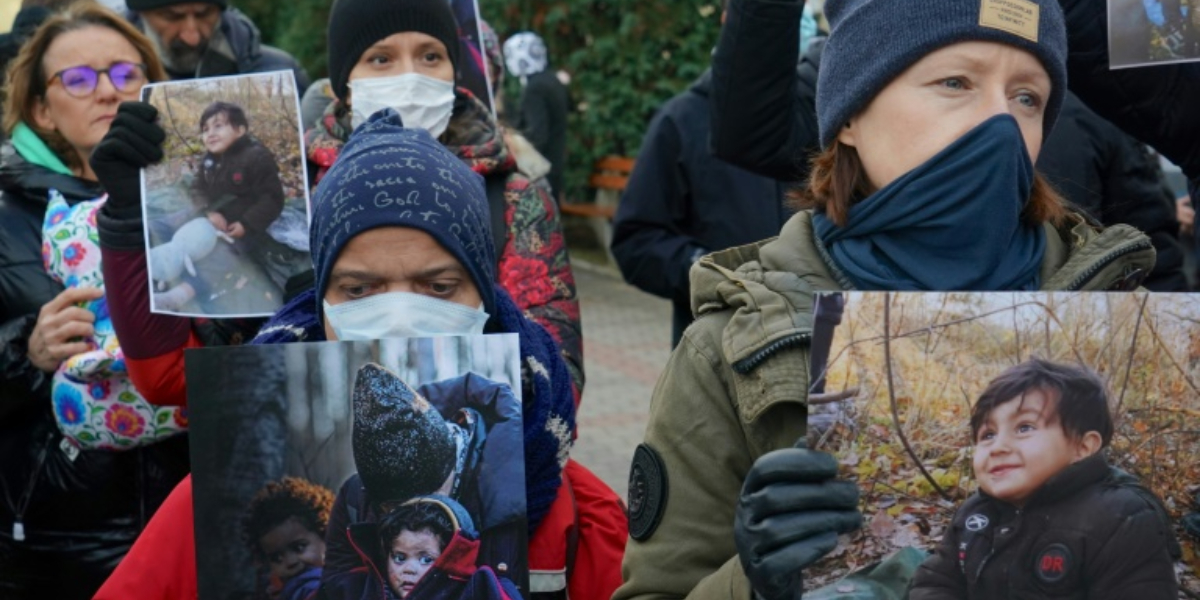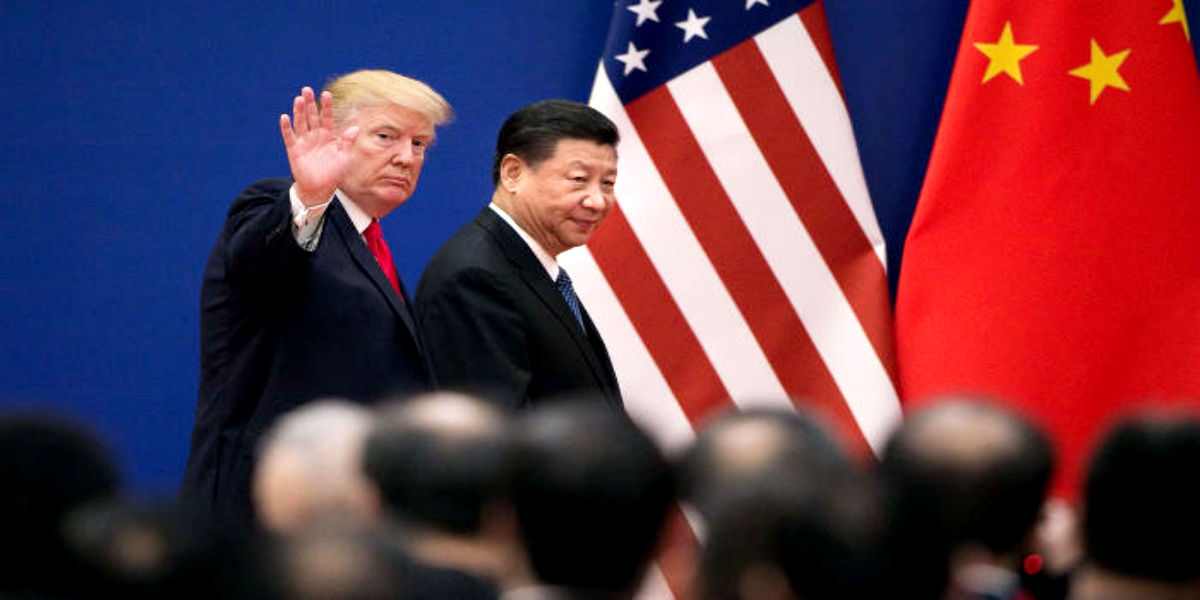The West risks nuclear war because it does not communicate with Russia and China enough, according to the UK’s national security adviser.
According to Sir Stephen Lovegrove, rival powers understood each other better during the Cold War, and a lack of dialogue today makes mistakes more likely.
“We want jaw-jaw, not war-war,” he said, quoting Winston Churchill.
He went on to say that we were living in a “new age of proliferation,” with dangerous weapons becoming more widely available.
It comes ahead of a phone call between US President Joe Biden and Chinese President Xi Jinping, their first since March.
They are expected to discuss ongoing tensions over Taiwan as well as tariffs imposed by Trump on Chinese imports.
China has threatened Pelosi with repercussions if she visits Taiwan.
The heads of MI5 and the FBI have warned of a ‘immense’ threat from China.
Sir Stephen was speaking at the Center for Strategic and International Studies in Washington, DC, about the implications of Russia’s invasion of Ukraine and a “much broader contest unfolding over the successor to the post-Cold War international order.”
Throughout the Cold War, he said, Western powers benefited from negotiations that “improved our understanding of Soviet doctrine and capabilities – and vice versa.”
“This gave us both more confidence that we wouldn’t miscalculate our way into nuclear war,” he explained.
“Today, we do not have the same foundations as others who may pose a future threat to us, particularly China.
“Because trust and transparency are built through dialogue, we should be able to be more active in calling out noncompliance and misbehaviour when we see it.”
During the Cold War, USSR President Mikhail Gorbachev and US President Ronald Reagan met at the Reykjavik Summit. Sir Stephen continued that the risk of a “uncontrolled conflict” was being heightened by Russia’s repeated violations of treaty commitments, as well as the pace of China’s nuclear arsenal expansion and apparent “disdain” for arms control agreements.
He also mentioned the dangers of rapid technological advancement and the growing number of states developing weapons such as land-attack cruise missiles.
He stated that there was “no immediate prospect of all of the major powers coming together to establish new agreements,” so Nato members could concentrate on “work of strategic risk reduction.”
“We must act quickly to renew and strengthen confidence-building measures in order to reduce, if not eliminate, the causes of mistrust, fear, tensions, and hostilities,” he said.
“[Such measures] assist one side in correctly interpreting the actions of the other in a pre-crisis situation by exchanging reliable and continuous information on each other’s intentions.
“When states are open about their military capabilities and plans, confidence and trust grow.”
[embedpost slug=”/kim-jong-un-says-north-korea-ready-to-mobilise-nuclear-forces-by-melissa-zhu/”]


